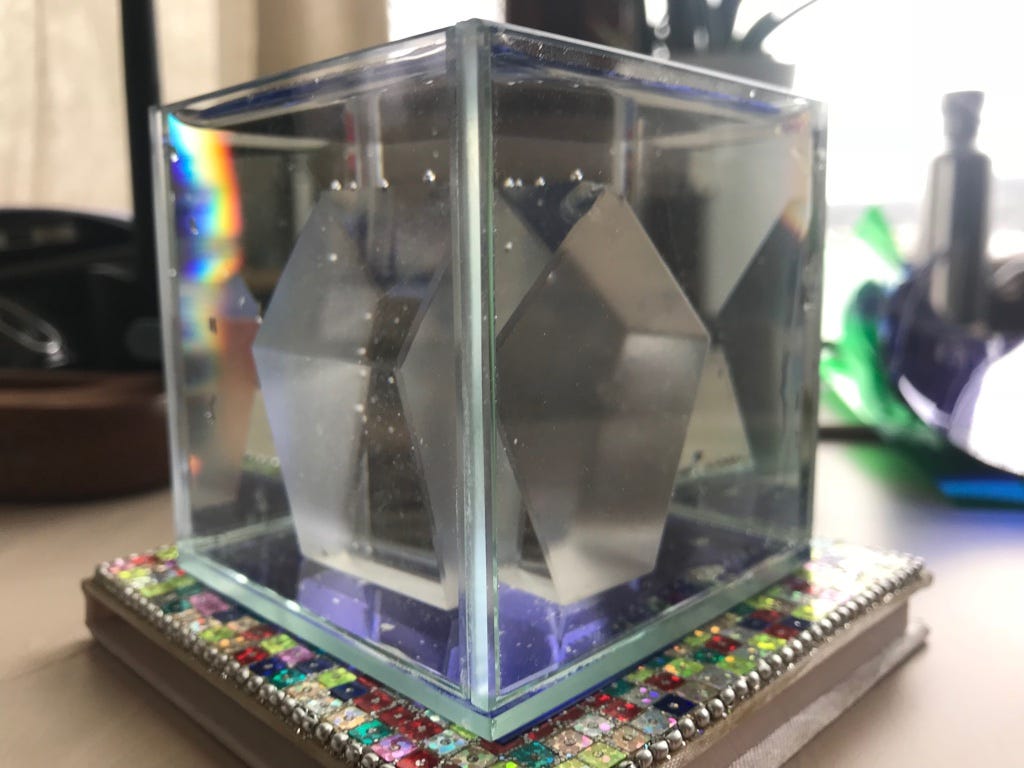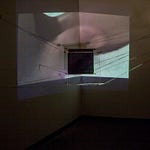There is a strange seductive quality worry has to it. Worry masquerades as care. Worry invents conclusions and outcomes that usually do not come to pass. And if those worries do arise in reality, an exponential worry complex emerges.
Rebecca Solnit had described worry as an activity claiming to know something that one truly does not. In this bodied activity, done in the face of the unknown, worry digs pits in stomachs, summons acid in the the soft canals for precious air and water, and can occasionally drive one mad or so far as to not be able to clearly see.
Can such horrible ruminations be truly set aside, opening up to a vastness of not-knowing and the surprises that may invariably delight or disappoint? Or is it better (meaning more functional here) to face worry straight in the eye?
Giving such an abstract voyage some experience-based context, let’s look at losing something. Pick a thing, any thing: a birth date, a flight, a promise, or an important meeting, a cherished item. There are deeper losses such as those caused by catastrophic events, but those are at a whole other level barely touched by such anecdotes here. And no confusion about tragedy out to be conflated with worry. The matter, or worry at hand, are those of the somewhat everyday, that try as you may, end up as impossible to forgehtaboutit.
The lightening bolt of mild panic to terror that cuts through in the moment of losing something contains the power to steal breath and induce a chemical toxin with the body. And because humans are an adaptive species, some folks develop toxic resistance to toxicity, in that they no longer notice the imbalance of the system. That’s why follow your gut to find it (whatever it-thing happens to be) doesn’t always work. The fight, flight, freeze responses shut down sensory processes which aid in finding about as effective as hugging a brick wall, which is why we often call in for back-up. This back-up person usually witnesses a brunt of erratic behavior, frenzied emotional expressions, and the overall sense of suffering. A lost it-thing catalyses into some kind of significant thing, and the worry poises itself as an emperor without clothes. Pretending to be important, and posing a significant barrier to getting on with life.
There are a grave number of things wrong in the world- again mind you not the life-or-death matters here, but a lot of matters made up to be really important. Obliterating worries then isn’t about not caring, but rather letting go of what has happened or what might, to free up the energy to pay attention to what is happening.
Another tactic could be: If you have found yourself to have lost something, start washing. Wash everything you can find. Wash by hand, down on your knees, go around picking up your place. You may not find what you were looking for, but you might find some thing else instead.
Finally, talk to your worry: what is that space of loss? Is it bright or is it dark? Is it abrasive or chaotic? And in this conversation, can you find yourself a slice of contentment? If there is not light, there is no light, bath in the darkness. If there is sand paper or chaos, polish yourself on it or go dancing in the whirlwind. Whatever it is that is worrying you also has a match within you, like a lost sock makes friends with a mismatched sock.
And there you have it; you have literally taken your worries down.
You won the boxing match.
Underwater Prism, Macquette for Public Art Installation, Developed 2016. Prism was a gift from my Oma, the box was sources from a Glass Master in Oslo, Norway.














Share this post